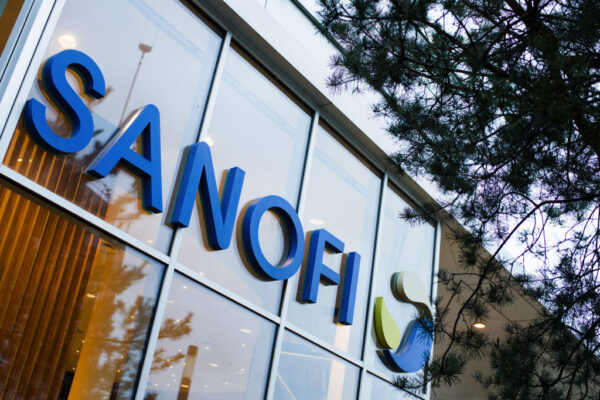
Sanofi is a dominating presence in inflammation and immunology with Dupixent, a blockbuster drug whose sales continue to grow in multiple approved indications. That product is an antibody administered by injection, so several companies are vying to compete by developing oral alternatives. Now Sanofi is joining them.
The Paris-based pharmaceutical giant has struck up a partnership with Recludix Pharma. The deal focuses on the biotech’s preclinical oral small molecules, which have potential applications in a range of immunological and inflammatory diseases. Sanofi has committed to $125 million in near-term payments to Recludix to begin the alliance.

With the Rise of AI, What IP Disputes in Healthcare Are Likely to Emerge?
Munck Wilson Mandala Partner Greg Howison shared his perspective on some of the legal ramifications around AI, IP, connected devices and the data they generate, in response to emailed questions.
San Diego-based Recludix aims to treat disease by blocking IL-4 and IL-13 signaling. Both pathways play roles in inflammation and they’re both already targeted by Dupixent, a drug that accounted for €8.3 billion (about $9.2 billion) in revenue in 2022, the vast majority of those sales coming from the U.S. Rather than inhibiting those targets directly, Recludix blocks signal transducer and activator of transcription 6, or STAT6, a protein that’s required for IL-4 and IL-13 signaling. While STAT6 was previously thought to be undruggable, Recludix’s small molecule is able to do so by hitting a domain on the protein called SH2.
In addition to offering a more convenient oral alternative to injectable biologic drugs like Dupixent, Recludix’s small molecules could be safer than the class of oral inflammation drugs called JAK inhibitors. JAK-blocking drugs introduce serious cardiovascular and cancer risks. Recludix says that because STAT6 is downstream from the JAK pathway and is not used by other cytokines and growth factors, targeting it is expected to cause fewer side effects. That safety profile still needs to be demonstrated in clinical testing.
According to the deal terms, Recludix will continue to lead development of STAT6-blocking molecules up to the start of Phase 2 testing. After that point, Sanofi will take on worldwide clinical development as well as commercialization of any approved products. Depending on the progress of the research, Recludix could earn up to $1.2 billion in milestone payments, plus royalties from Sanofi’s sales of products stemming from the alliance. The deal also gives Recludix the option to share equally in commercialization of a STAT6 inhibitor for the U.S. market.
“This collaboration for the advancement of a preclinical oral STAT6 inhibitor speaks to our ability to successfully solve the challenge of drugging this attractive, yet elusive, therapeutic target,” Recludix CEO Nancy Whiting said in a prepared statement.
Recludix launched in 2021, backed by a $60 million Series A round of financing. Besides immunology and inflammation, Recludix is researching the targeting of STAT6 as a way to treat cancer. The company has additional inflammation research in STAT3, a protein key to the IL-23 and IL-6 signaling pathways that are currently addressed by injectable biologic drugs.
Photo: Nathan Laine/Bloomberg, via Getty Images














